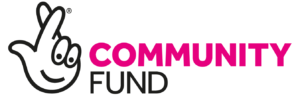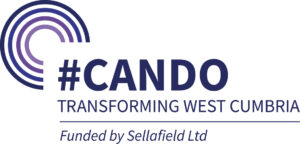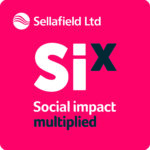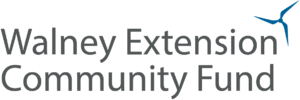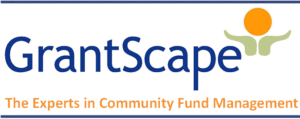How 16 schools are educating on sustainability through practice
Schools on the west coast of Cumbria are endeavouring to reduce their carbon footprint while empowering the students and pupils to learn more about sustainability.
CAfS is supporting a group of 16 primary and secondary schools to have the biggest impact they can on their students’ understanding of climate issues.
We are sending environmental auditors/reviewers to perform carbon audits at each of the schools to discover how advanced each location is in its sustainability efforts. During their visit, they look at things like the carbon footprint of the school, the materials they use and whether there are already any initiatives underway or groups set up to take action.
Once our auditors have established the priorities for the school, we are allocating funding towards personalised support that targets that establishment’s biggest needs to become more sustainable. These can include technical audits, direct energy saving measures, funding to allow the formation of action committees and many more measures informed by our youth projects coordinator and the schools.
There are numerous sources of funding being channelled into the project, with some coming from the Zero Carbon Cumbria lottery fund.
We are also helping the staff and students to find their own sources of funding where this could help their efforts.
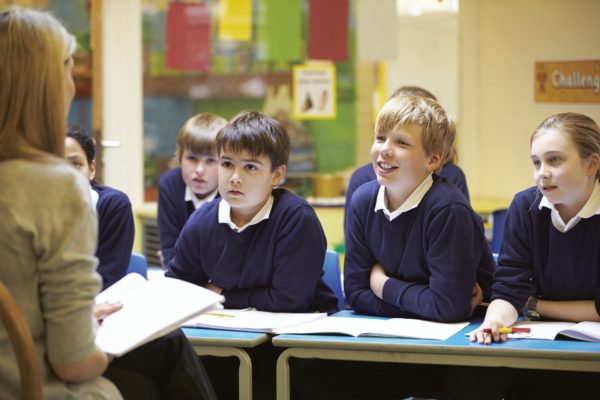
What we’re doing
There are already several actions in progress at the greener schools. CAfS is on hand to support the young people in the measures they decide on but the action plans themselves must be student led to ensure that they are active participants and their concerns are met.
One of the schools is being advised on how to engage with contractors with the aim of installing solar panels to the roof of their building.
Groups including the Rubbish Rebels, Master Composters and CDEC are going into some of the schools with the aim of empowering youth voices and educating on how they make an impact.
Ulverston Victoria High School were provided the means to perform their own carbon audits with a checklist provided by CAfS. We asked the young people to focus on specific areas they would like to target in reducing their environmental impact. They selected waste and marine health.
We are facilitating the process of peer to peer learning between teachers. This involves putting staff from different schools in touch with each other so that they can learn best practise and follow inspiring examples.
Our youth projects coordinator has met with the Eco Schools Programme and we are looking at supporting certain sites to gain Green Flag accreditation to recognise their environmental achievements.
Funded by:
